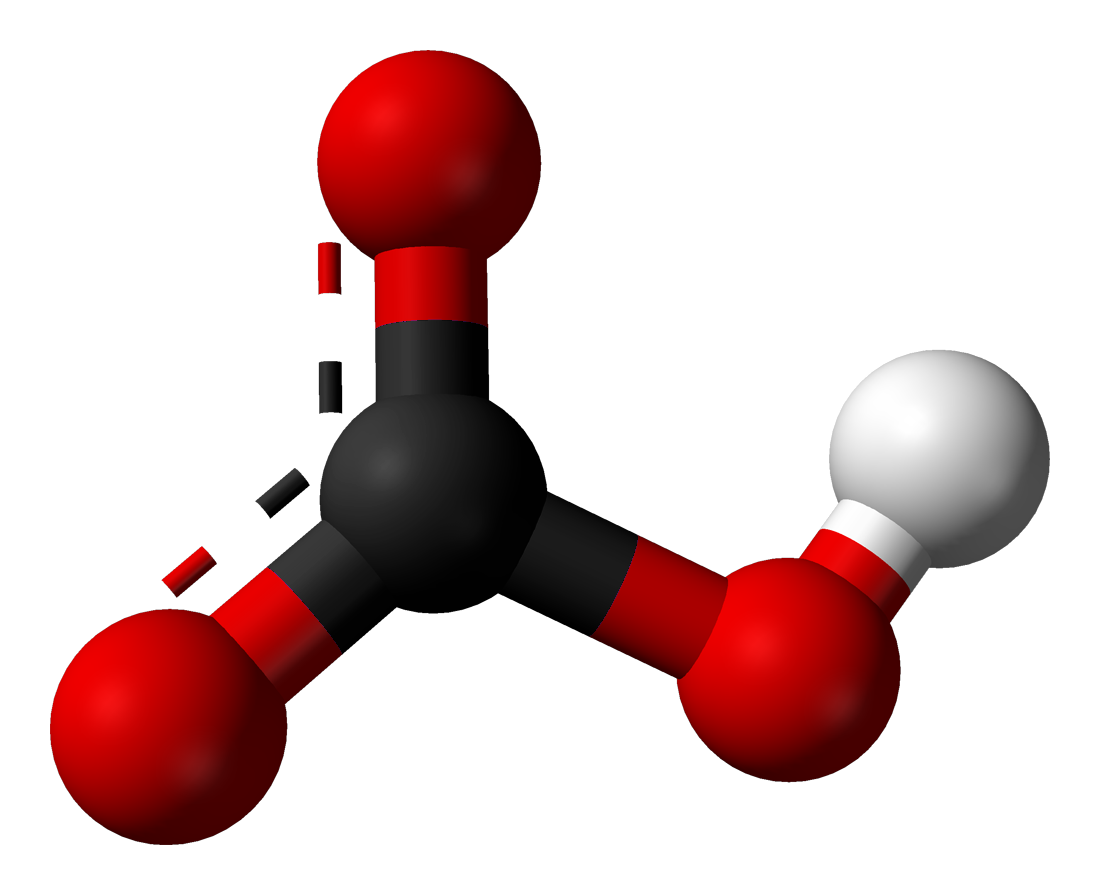| drug | Sodium Bicarbonate |
| name | Sodium Bicarbonate |
| classification | Antacid, Systemic Alkalinizer |
| pharmacokinetics | Sodium bicarbonate is rapidly absorbed from the gastrointestinal tract. Its effect is primarily local, neutralizing gastric acid. Significant systemic absorption occurs, especially with intravenous administration. Excretion is primarily via the kidneys. |
| suggested dosage | | oral | Dosage varies widely depending on the indication. Consult a physician for appropriate dosage. Typical oral doses range from 1-4 grams dissolved in water, given every 4-6 hours as needed. This is not a fixed recommendation. | | iv | Intravenous administration is reserved for specific medical situations and must be administered under direct medical supervision. Dosage depends on the patient's condition and clinical requirements. Consult the physician's instructions precisely. |
|
| indications | | 1 | Treatment of metabolic acidosis (e.g., severe diarrhea, diabetic ketoacidosis). | | 2 | Treatment of certain types of poisoning (in specific cases and situations). | | 3 | Prevention or treatment of gastric hyperacidity and related symptoms, such as heartburn and indigestion. |
|
| safety in pregnancy | Limited data in human pregnancy. Use with caution during pregnancy. Only if the potential benefit outweighs the potential risks. Consult a physician. |
| safety in breastfeeding | Sodium bicarbonate may pass into breast milk. Caution should be exercised if used by breastfeeding mothers. The decision to use should be weighed by the physician after considering the benefits and possible risks. |
| side effects | | 1 | Nausea, vomiting, diarrhea | | 2 | Headache | | 3 | Metabolic alkalosis (especially with high doses or prolonged use) | | 4 | Fluid retention | | 5 | Dizziness | | 6 | Rash | | 7 | Muscle cramps | | 8 | Electrolyte imbalances (e.g., low potassium), especially with IV use. Consult a physician for specific details and risks. |
|
| alternatives | | 1 | Other antacids (e.g., calcium carbonate, magnesium hydroxide) | | 2 | Specific therapies for metabolic acidosis (consult a doctor) |
|
| contraindications | | 1 | Patients with hypernatremia (high sodium levels) | | 2 | Patients with severe heart conditions (e.g., congestive heart failure) | | 3 | Patients with kidney disease or impaired renal function (especially relevant with IV administration) | | 4 | Patients with known hypersensitivity to sodium bicarbonate. |
|
| interactions | | 1 | Other medications | | 2 | May reduce the effectiveness of certain diuretics | | 3 | May decrease the effectiveness of potassium supplements. Careful monitoring of potassium levels is crucial with concomitant usage. | | 4 | Patients taking other medications should consult with a doctor |
|
| warnings and precautions | | 1 | Dosage and administration should be tailored to the individual patient's needs and monitored by a physician. | | 2 | Adjust dosage based on monitoring of blood chemistry. | | 3 | Patient must be monitored closely for signs of electrolyte imbalance. | | 4 | Avoid prolonged high doses. Consult your physician. | | 5 | Always follow physician's instructions precisely. Do not self-medicate. | | 6 | Do not use more than prescribed |
|
| additional information | This information is not a substitute for professional medical advice. Always consult with a qualified healthcare provider for diagnosis and treatment. Sodium bicarbonate can be a valuable therapeutic agent under appropriate circumstances, but its use should be carefully considered and supervised by a doctor. |
| patient profile | |
